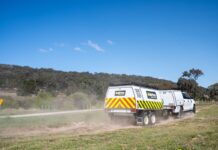ARENA awards Fortescue $10m for 6MW heavy vehicle fast charger
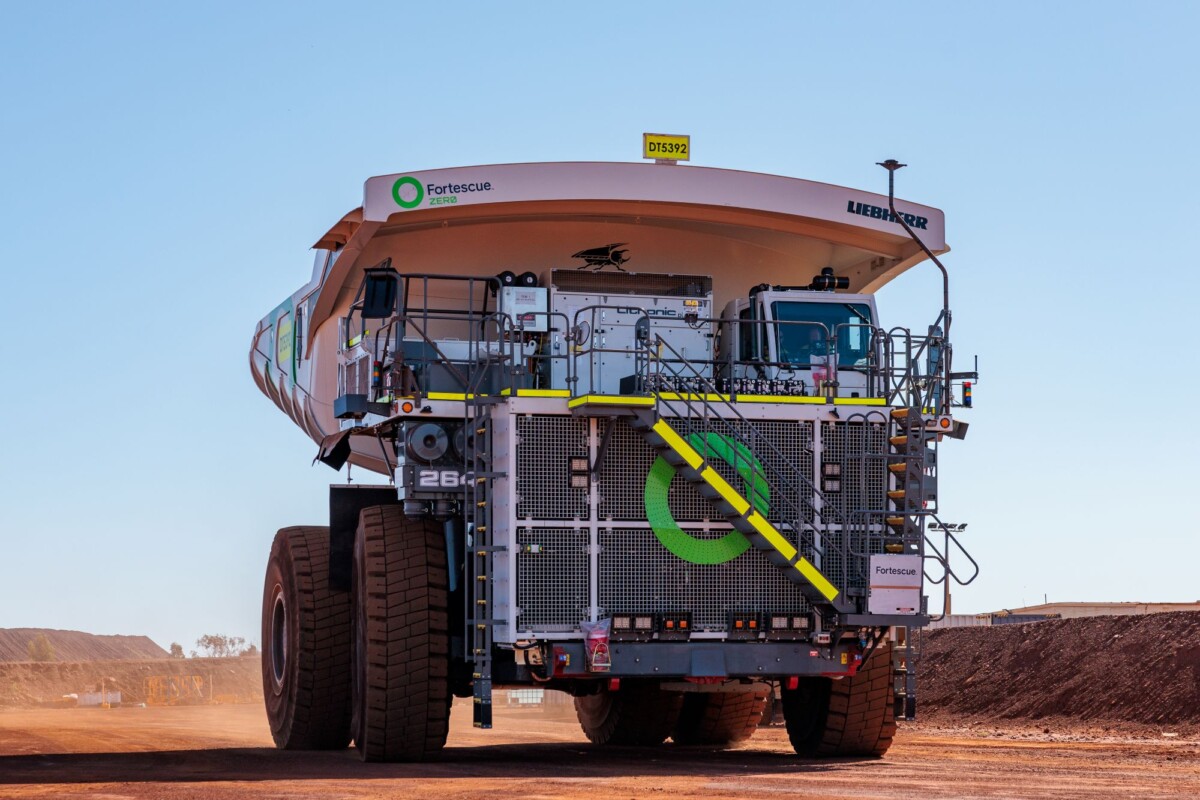
Fortescue (ASX: FMG) has been awarded $10m from the Australian Renewable Energy Agency (ARENA) to develop a 6MW fast charger test unit to support the global miner’s innovative fast charger technology.
The mining company’s $35.3m ‘Fast Charger for Heavy Battery Electric Vehicles’ project will develop these fast chargers, capable of charging 240t battery electric trucks in less than 30 minutes.
The project involves building, testing and validating multiple test unit chargers with the aim to deploy the first production charger by the end of 2025.
Developed by Fortescue Zero, the 6MW fast charger will be compatible with a wide range of battery electric heavy mining equipment and designed to meet all operational requirements.
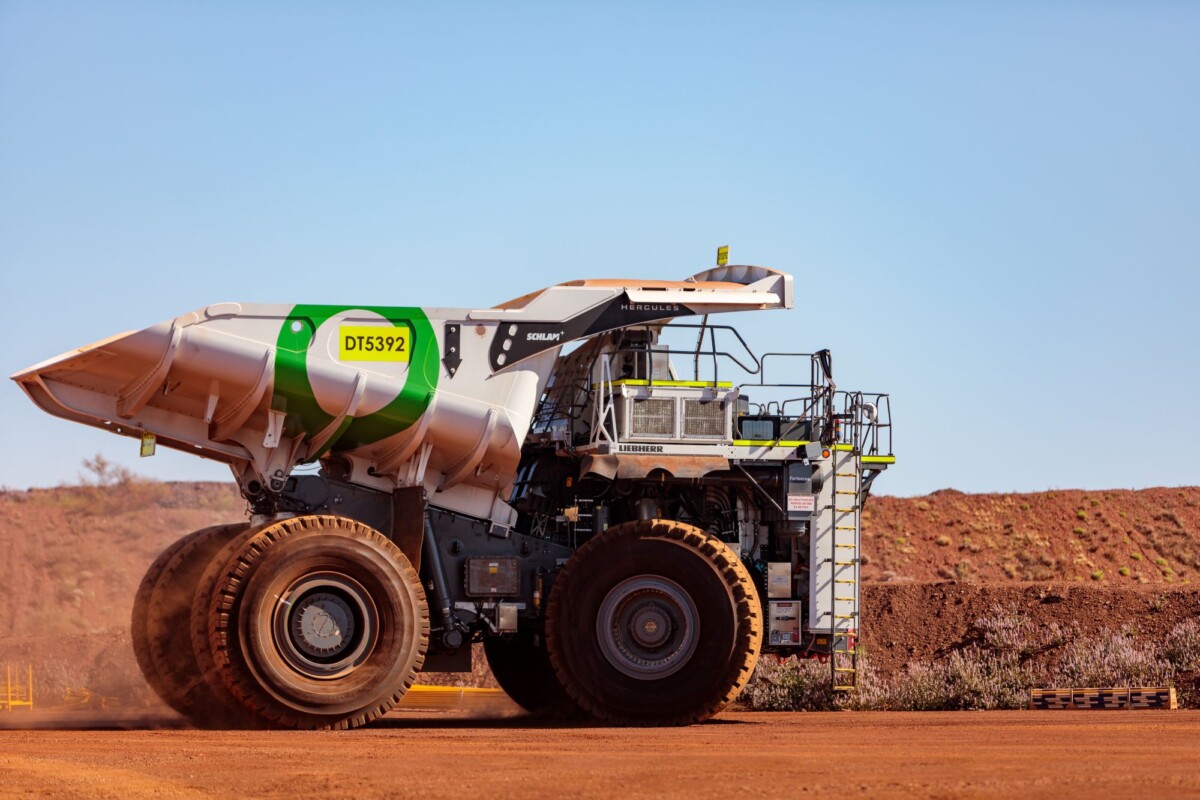
Fortescue Metals chief executive Dino Otranto comments on this.
“As part of our decarbonisation plan, we intend to roll out around 250 fast chargers of varying capacities across our iron ore operations before the end of this decade,” he said.
“Not only will this project serve as a catalyst for demand from external heavy industry customers, but it will also enable a significant reduction in emissions.”
Fortescue Zero chief executive Ellie Coates says “these innovative chargers are designed to be a safe, rugged, high power and scalable fast charging solution for multiple different vehicle applications”.
“Leveraging our world-class capability in battery and charging solutions from motorsport, the fast chargers have been developed for the challenging conditions of the Pilbara,” she said.
“Equipped with robotic connection options, they will be able to power Fortescue’s future 240t Liebherr T 264 battery electric trucks in just?30?minutes.”
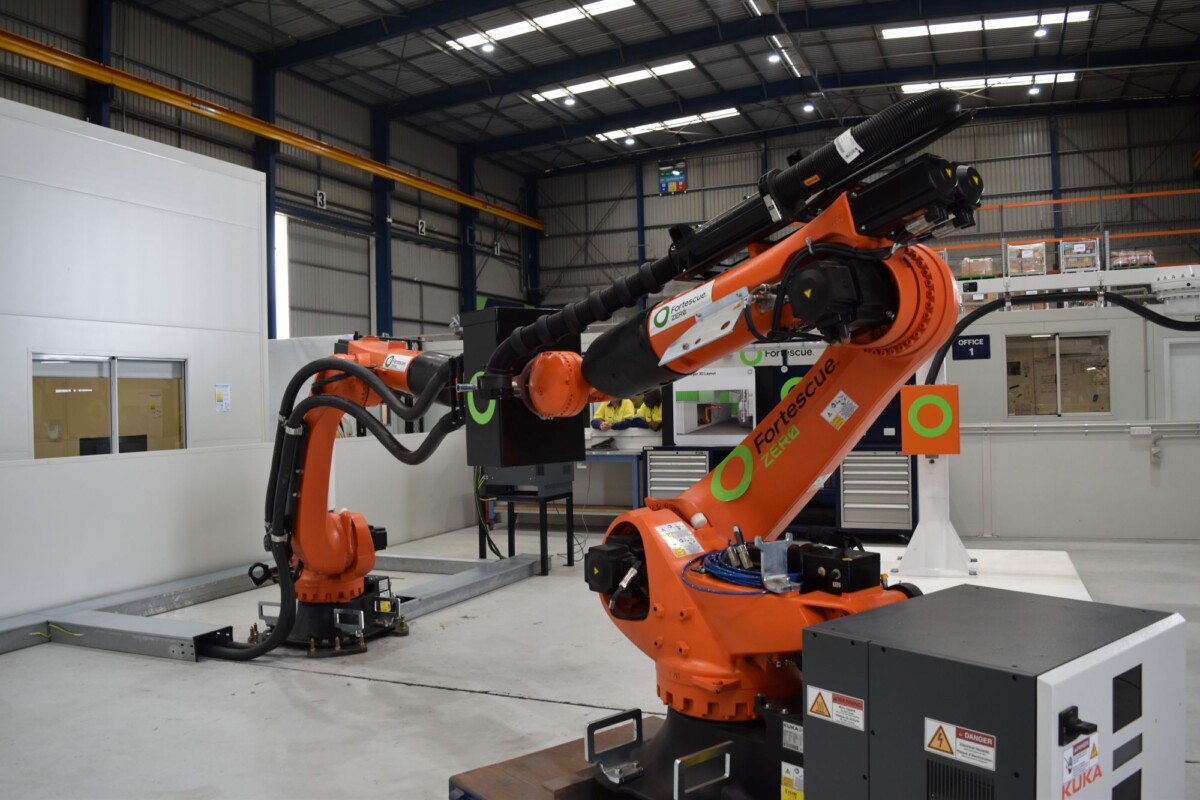
Federal Assistant Climate Change and Energy Minister Josh Wilson says “heavy haulage trucks are integral to the function of WA’s mining operations”.
“But at present [they] are reliant on fossil fuels, which means unwanted pollution, cost volatility, and energy insecurity,” he said.
“Fortescue’s fast charger development is a smart and forward-looking project that will help WA’s mining sector electrify their operations and contribute to the critical task of decarbonising our economy.”
Both charger test and early production units will be assembled and undergo factory acceptance testing at Fortescue Zero’s Research and Development facility in Perth, WA, prior to their deployment on site.
ARENA chief executive Darren Miller says the project will help reduce emissions in one of Australia’s most carbon intensive industries.
“ARENA is working to reduce emissions from Australia’s heavy industry, with heavy haulage high on the priority list for the mining sector,” he said.
“Heavy haulage for remote mine sites contributes around a quarter of the mining industry’s emission and is considered a hard to abate sector, so we’re investing in the technologies that will be part of the solution.”
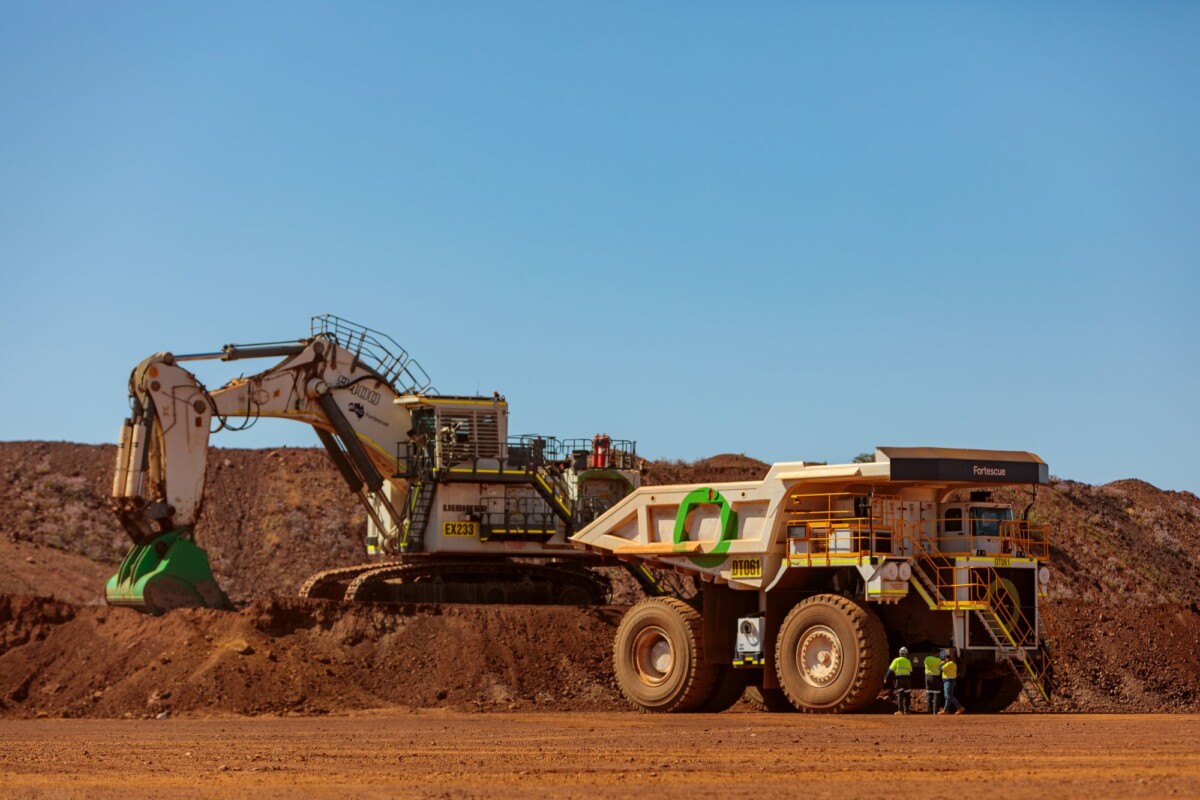
The funding has been awarded under the Federal Government’s Industrial Transformation Stream, part of the Powering the Regions Fund.
This $400m program aims to support emissions reduction at existing industrial facilities in regional Australia.
The project is the next stage of fast charger development for Fortescue, building on an existing 3MW prototype.
Once developed, the fast charger will be installed, demonstrated and tested at Fortescue’s Christmas Creek mine site.
“If the fast charger can be successfully validated at the operational Christmas Creek mine site, we’d like to see the technology widely deployed across Australia’s resources industry,” Mr Miller said.
“These are the kinds of challenges ARENA is looking to address through the Industrial Transformation Stream.”
The fast charger will be developed with global charging system standardisation in mind, ensuring compatibility with any equipment that meets the connector standard across mining, rail, and other heavy industry applications.
Australian iron ore mining produces roughly 5mt of CO2 each year due to fleet diesel consumption.
Pathways to decarbonising mine operations are currently limited by a lack of commercially available solutions on the market.












